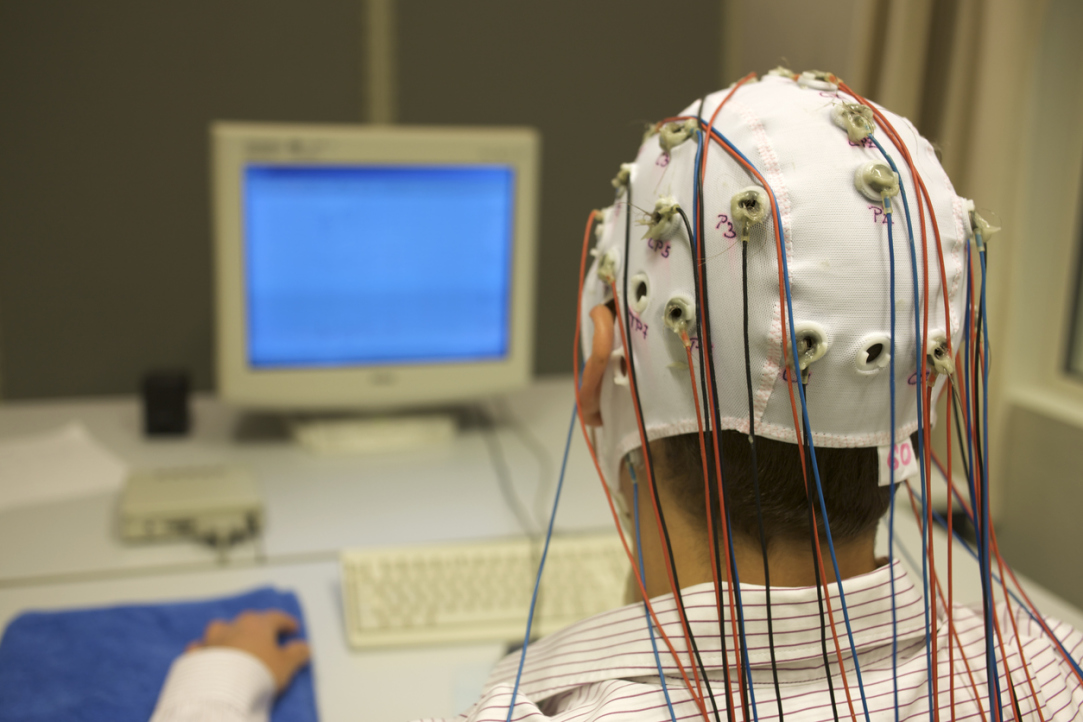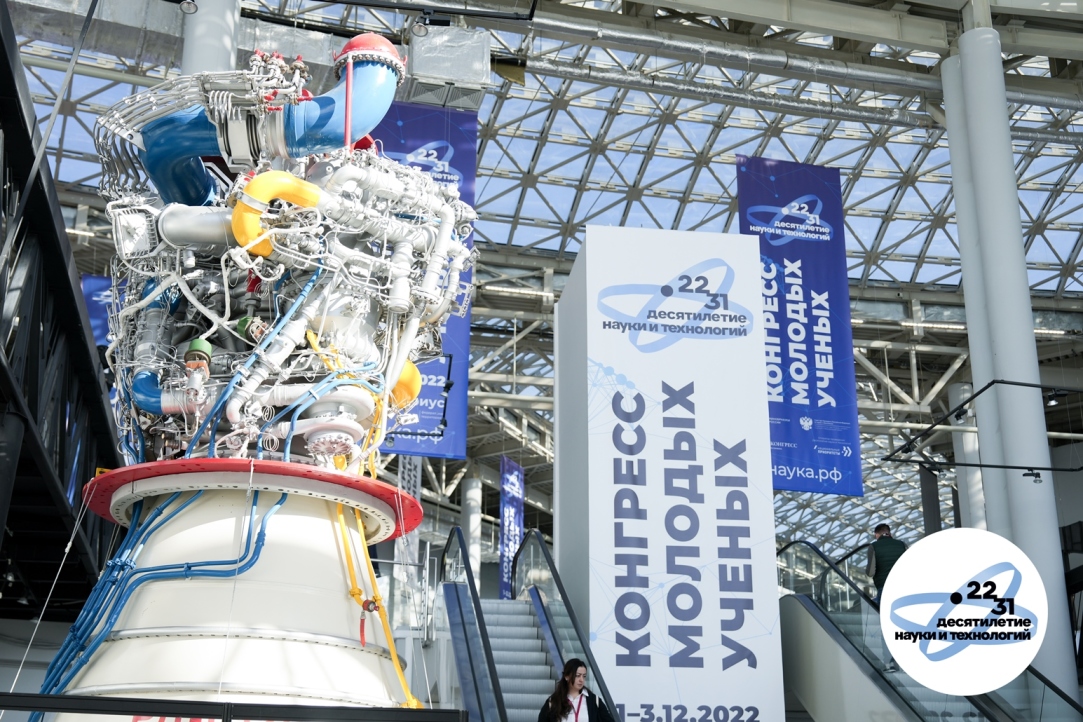
Fluoride Additive to Boost Production of Sedatives
Russian researchers from HSE University and the Russian Academy of Sciences Nesmeyanov Institute of Organoelement Compounds have come up with a new method of enhancing the chemical reaction involved in producing gamma-aminobutyric acid (GABA) analogues used in sedative drugs. Adding fluoride to the catalyst more than doubled the yield of the pure product and increased the total reaction yield by 2.5 times. This approach is expected to make the production of certain drug components more efficient and less costly. The study has been published in the Journal of Organic Chemistry.

'We Wanted to Create an Opportunity for Intercampus Teams to Engage in Promising Studies'
HSE University has announced the winners of the Project Competition in Basic Science Research for Intercampus Departments. The competition, which the university is organising for the first time, will provide funding to 10 research teams working on five topics. Four of the winning projects will be implemented by new research departments formed as a result of the competition.

Speech Register Switching Causes Brain to Struggle with Comprehension
According to researchers at the HSE Centre for Language and Brain, processing a word which is markedly different in style from the rest of the sentence uses the same brain mechanisms as making sense of a semantically incongruent word. These mechanisms reflect the brain’s efforts to process an unexpected term. The study findings have been published in the Journal of Neurolinguistics. The research was financed by a grant from the Russian Government as part of the 'Science and Universities' National Project.

Machine Learning Algorithm to Reduce Tester Workload
Researchers from HSE University and the Russian Technological University (RTU MIREA) have developed an intelligent system to automate software testing on a variety of platforms. Its computer vision feature is capable of recognising elements in a graphical user interface even after a redesign. The details are published in the Journal of the Siberian Federal University.
.jpg)
Job-Education Mismatch Reduces Earnings of Russians by up to 14%
About a third of Russians with higher education do not work in the field that they studied, with this indicator being highest in agriculture and service. Researchers from the HSE Laboratory for Labour Market Studies, together with their colleagues from Portugal, have found out that this job-education mismatch results in a salary reduction of between 7 and 14%. The study was published in the Journal of Education and Work.

Second Congress of Young Scientists: Students Are Ready to Implement Breakthrough Projects
The 2nd Congress of Young Scientists was held at the Sirius Park of Science and Art in Sochi. HSE University representatives took an active part in it, working at various venues where a wide range of topics were discussed—from university development to machine learning and scientific cinema.

Postdoctoral Fellowship Recruitment
HSE University is announcing an open call for Postdoctoral Fellowship positions starting in the 2023/2024 academic year. Candidates must hold a recent PhD degree. Postdoctoral fellowship appointments are made for a one-year period and may be renewed. The deadline for applications is January 31, 2023.

HSE University Hosts International Conference on Current Issues in Language Education
The HSE University School of Foreign Languages has held the second HSE LED Conference devoted to exchanging research and professional experience. Attendees included academics and teachers, experts and practitioners, language-education administrators and managers from various regions in Russia and abroad. The conference was held in person and online on December 8–9.

Cliometrics: 20th-century Revolutions Came in Waves
Having studied the 20th century revolutionary processes, Andrey Korotayev (HSE), Leonid Grinin (HSE) and Anton Grinin (MSU) have put together an extensive evidence base, proposed a new typology of revolutions and revolutionary waves, and introduced the concept of 'analogues of revolutions'. Their study '20th Century Revolutions: Characteristics, Types, and Waves' is the follow-up to an earlier paper published in Russian. The new findings are presented in Humanities & Social Sciences Communications.

Using Simple Salts to Produce Safer Electrolytes for Aqueous Batteries
A team of Russian scientists including HSE MIEM researchers have used superconcentrated salt solutions to produce effective water-based electrolytes that demonstrate high conductivity and electrochemical stability and require lower amounts of non-toxic salts, making the batteries safer and less expensive than classical non-aqueous ones. The study is published in The Journal of Physical Chemistry C.


Submissions are open until October 13